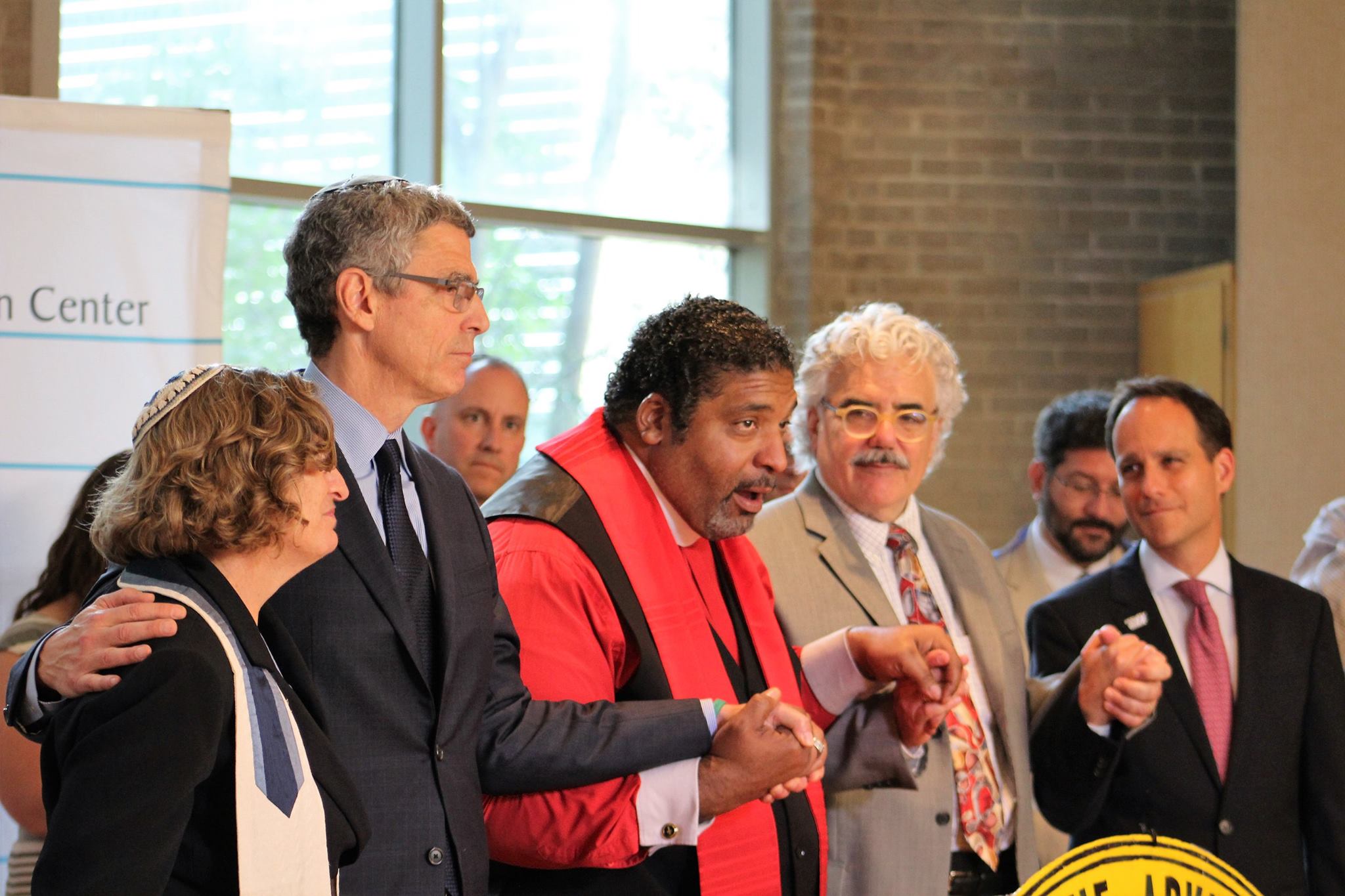
On Friday, July 29, a three-judge panel of the Fourth Circuit Court of Appeals unanimously struck down key parts of one of the most restrictive voter suppression laws on the books in the U.S. The law, passed by the North Carolina legislature shortly after the 2013 Supreme Court Ruling in Shelby County v. Holder, imposed strict photo ID requirements, limited early voting and erected other barriers that especially affected people of color, people with low incomes, young people and the elderly.
After reviewing the law and the process by which the legislature created it, the court found that “The new provisions target African Americans with almost surgical precision,” noting that the legislature collected data about voting habits by race before finalizing the restrictions they hoped to put in place. Passing a law to restrict voting with discriminatory intent constitutes a clear violation of both the Constitution and the Voting Rights Act, and for this reason the Fourth Circuit rolled back the restrictions.
In response, Governor Pat McCrory has petitioned the Supreme Court to place a stay on the Fourth Circuit’s ruling and allow the 2016 election to proceed with the law’s restrictions in place. He also plans to appeal the ruling to the Supreme Court, but wanted an emergency stay to avoid “confusion among voters.” On Thursday, August 25, the Department of Justice weighed in, filing an amicus brief at the Supreme Court asking them not to grant McCrory’s request. If the Supreme Court does not take emergency action, it is all but certain that North Carolinians will head to the polls this fall with fewer restrictions than they had expected going into this summer.
While the ruling in North Carolina is certainly an important victory, there is still so much work to do. Local jurisdictions in North Carolina are still working to curtail early voting days. Across the country, 15 other states will have new voting restrictions on the books since the 2012 election. Such efforts to restrict the right to vote, particularly on the basis of race, are an affront to the values held by the Reform Jewish Movement. These values, stemming from the Talmud’s clear statement that "A ruler is not to be appointed unless the community is first consulted" (Berachot 55a), are what we carried as we worked for voting rights during the 1960s and they are the values our Movement stands for today as we mobilize congregations and activists around the country under the banner of Nitzavim: Standing up for Voter Protection and Participation. You can learn more about Nitzavim’s launch in North Carolina here and pledge to take action here.
Related Posts

Remarks from Rabbi Eliana Fischel at Jewish Gathering for Abortion Access

Teens from North Carolina Speak About Environmental Justice


